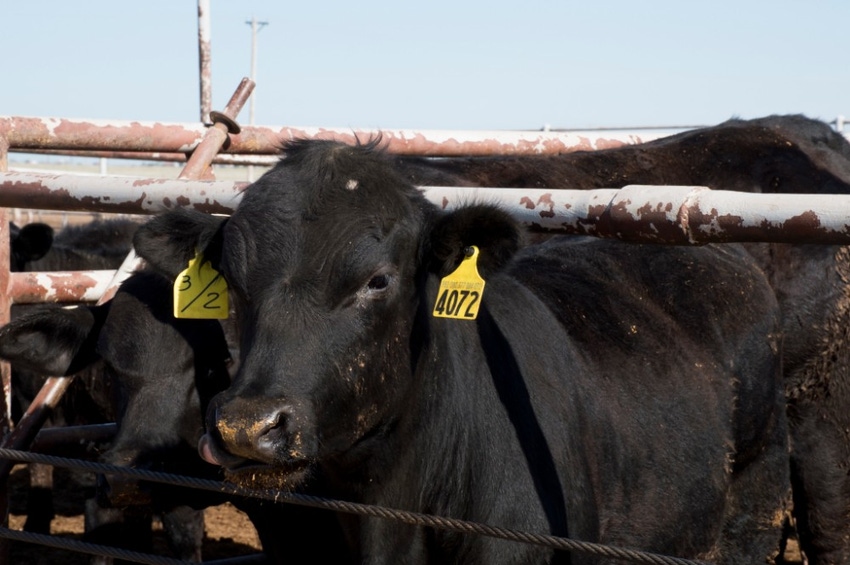VERO Program to research tylosin use in feedlots
Investigators search for ways to reduce amount of tylosin phosphate given to cattle.
September 16, 2020

West Texas A&M University agricultural scientists are leading a national effort to study a drug resistance in cattle that might affect human health.
A research team headed by Dr. Paul Morley, professor and director of research for Texas A&M University and West Texas A&M University’s Veterinary Education, Research & Outreach (VERO) program, was awarded a $500,000 grant from the Food & Drug Administration to research ways to prevent antimicrobial drug resistance in feedlot cattle.
“This is a great win for the VERO program,” Morley said. “We are conducting high-impact research that’s important to society and to ag production. Nowhere is this work going to be more impactful than right here locally.”
Morley will work with researchers from Iowa State University, Michigan State University and Colorado State University, along with industry leaders Cactus Feeders, Friona Industries, Five Rivers Cattle Feeding and the Texas Cattle Feeders Assn. (TCFA), to find ways to reduce the amount of tylosin phosphate given to cattle, the announcement said. Other West Texas A&M faculty members on the research team are Drs. Ty Lawrence, John Richeson and Loni Lucherk.
Tylosin is administered to cattle in a majority of the country’s feedlots to prevent liver abscesses, Morley noted, explaining, “These abscesses are a significant problem that leads to contamination at the time the cattle are harvested. They can be so severe that the animals sicken and don’t grow as they should.”
Veterinarians and human physicians both are trying to reduce use of antibiotics wherever possible.
“Antimicrobial resistance is one of the biggest health care problems facing us globally,” Morley said. “I know it sounds hollow to say that in the midst of a world pandemic, but this resistance leads to the deadly problem of people getting infections that cannot be treated with antibiotics.
“This work has a huge impact on public health and welfare,” Morley continued. “I think it’s a poster child for how we should be working with our stakeholders to address critically important questions and address issues that have a meaningful impact.”
TCFA vice president Ben Weinheimer said the organization looks forward to collaborating with the research team.
“For decades, our feedyard members have relied on sound science to evaluate and improve cattle health management practices to safeguard animal welfare while producing safe and wholesome beef,” Weinheimer said.
You May Also Like


.png?width=300&auto=webp&quality=80&disable=upscale)
